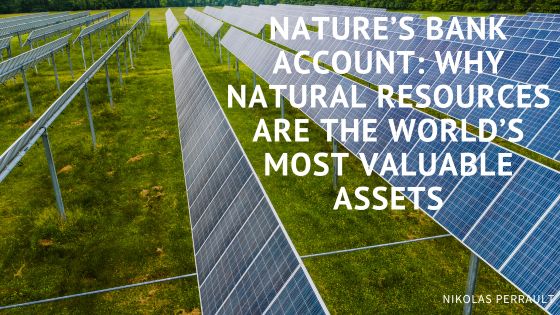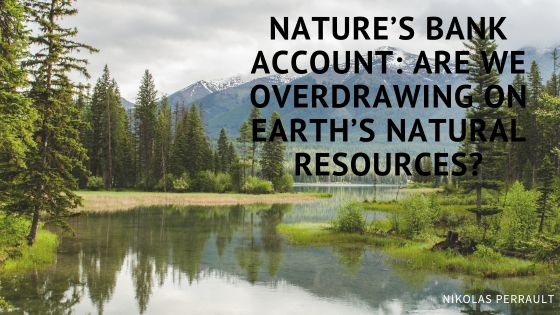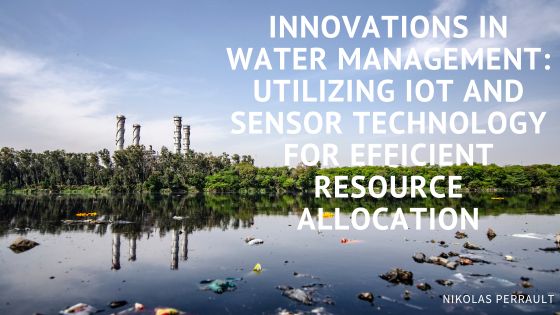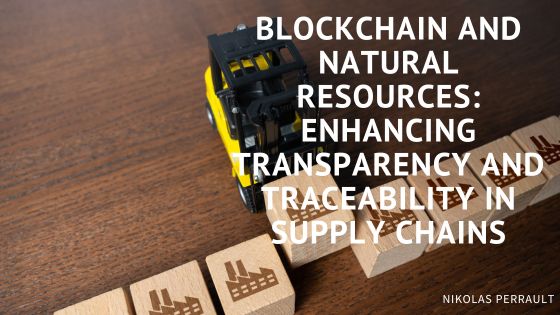 Technology no longer arrives with fanfare alone. It doesn’t always announce itself through flashy product launches or viral headlines. Instead, some of the most powerful technological shifts are happening quietly—embedded into daily routines, business processes, and...
Technology no longer arrives with fanfare alone. It doesn’t always announce itself through flashy product launches or viral headlines. Instead, some of the most powerful technological shifts are happening quietly—embedded into daily routines, business processes, and...
 When we talk about wealth, we often think in terms of money, stocks, or even real estate. But the most valuable assets on Earth aren’t found in a spreadsheet—they’re found in the ground, in our forests, our oceans, and our skies. Natural resources are the original...
When we talk about wealth, we often think in terms of money, stocks, or even real estate. But the most valuable assets on Earth aren’t found in a spreadsheet—they’re found in the ground, in our forests, our oceans, and our skies. Natural resources are the original...
 Every day, we make withdrawals from nature’s bank account — air, water, soil, forests, minerals, fossil fuels. These natural resources form the very foundation of life on Earth. Yet, unlike a financial account, we don’t always track what we take. And we rarely ask the...
Every day, we make withdrawals from nature’s bank account — air, water, soil, forests, minerals, fossil fuels. These natural resources form the very foundation of life on Earth. Yet, unlike a financial account, we don’t always track what we take. And we rarely ask the...
 Water is a precious and finite resource, yet traditional water management practices can be wasteful and inefficient. Leakage in ageing infrastructure, uneven distribution, and a lack of real-time data on usage all contribute to water scarcity and environmental...
Water is a precious and finite resource, yet traditional water management practices can be wasteful and inefficient. Leakage in ageing infrastructure, uneven distribution, and a lack of real-time data on usage all contribute to water scarcity and environmental...
 A natural resource’s path from extraction to the final product can be long and complex. This lack of transparency can lead to concerns about environmental damage, illegal logging, and unethical mining practices. However, blockchain technology is emerging as a...
A natural resource’s path from extraction to the final product can be long and complex. This lack of transparency can lead to concerns about environmental damage, illegal logging, and unethical mining practices. However, blockchain technology is emerging as a...





